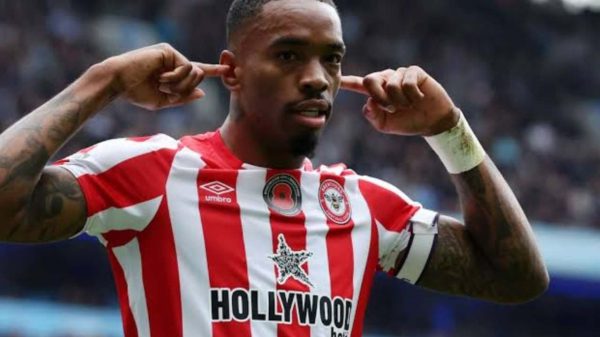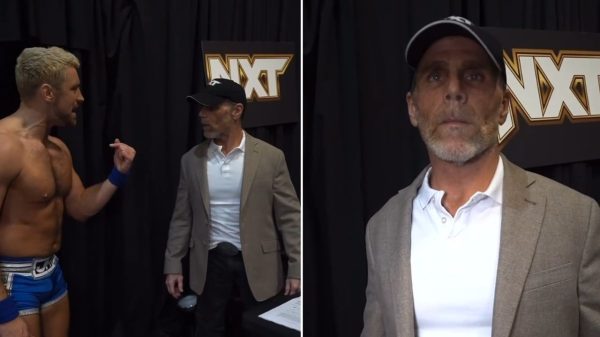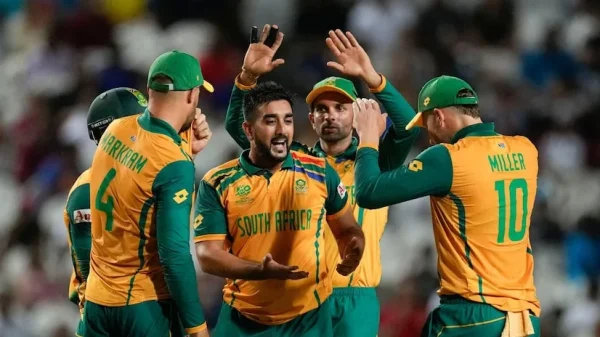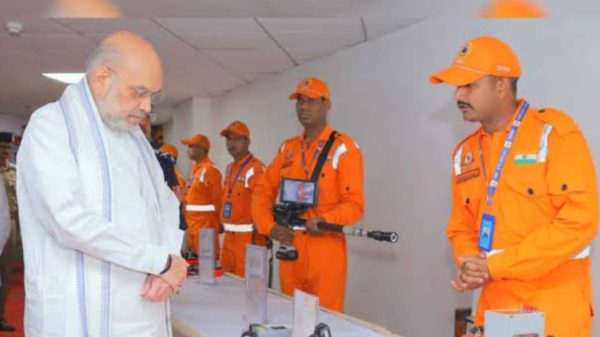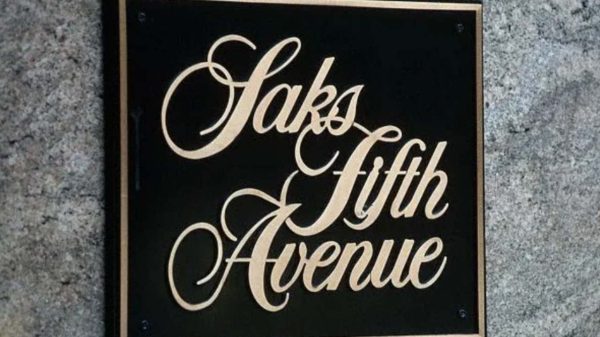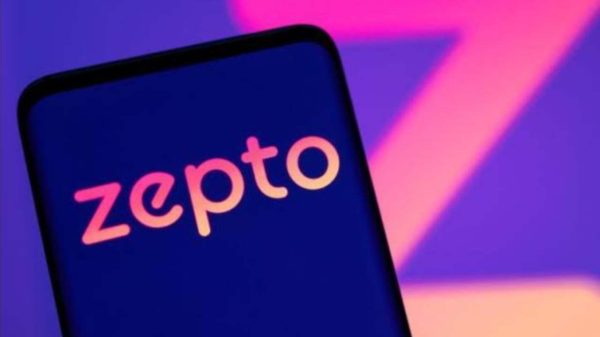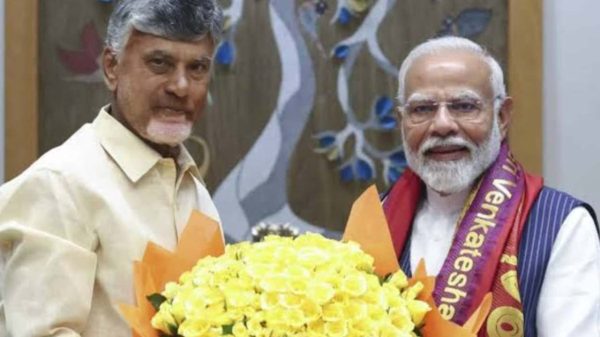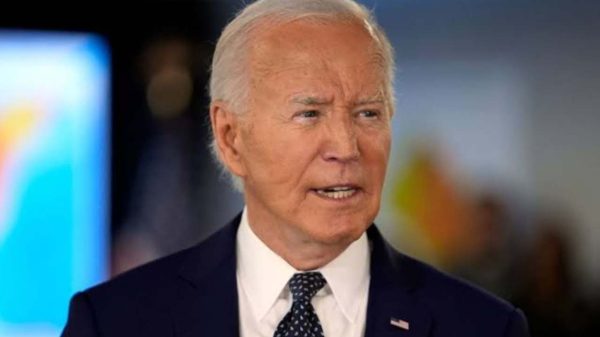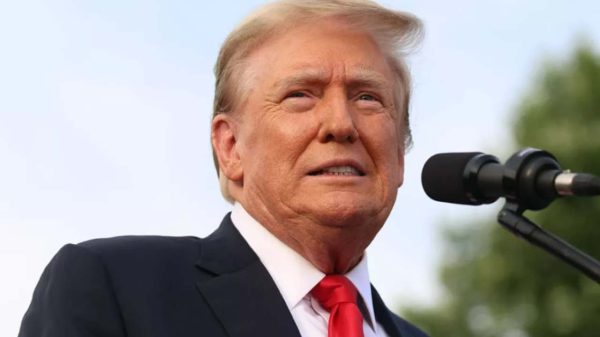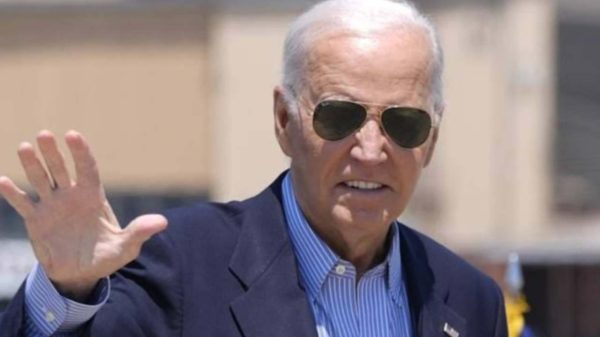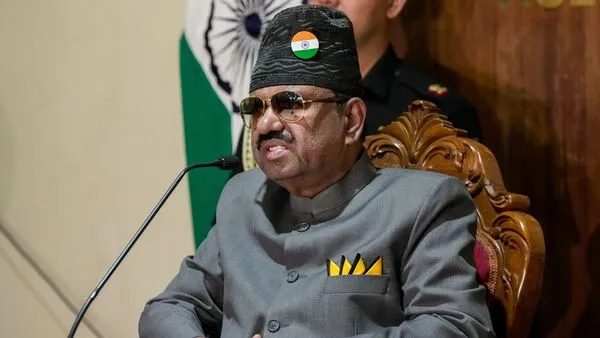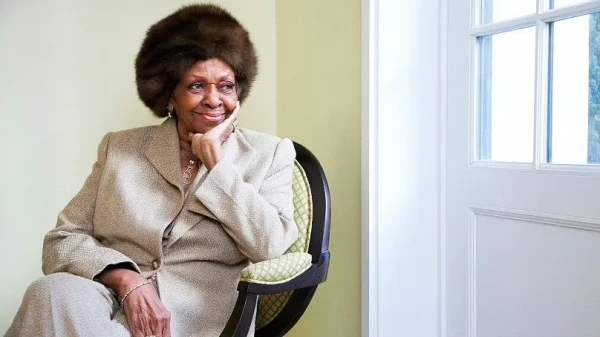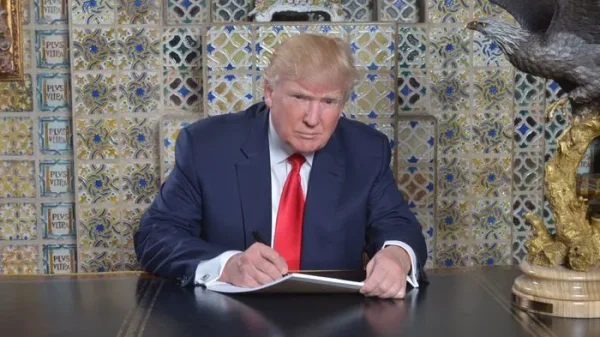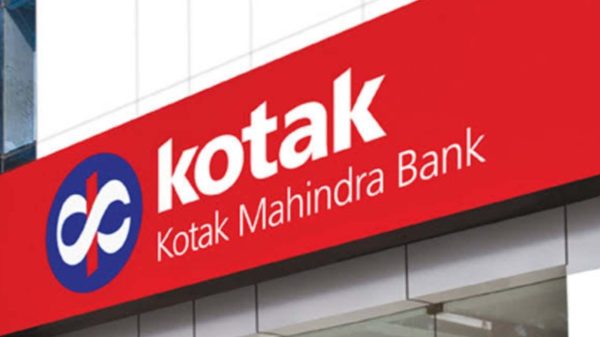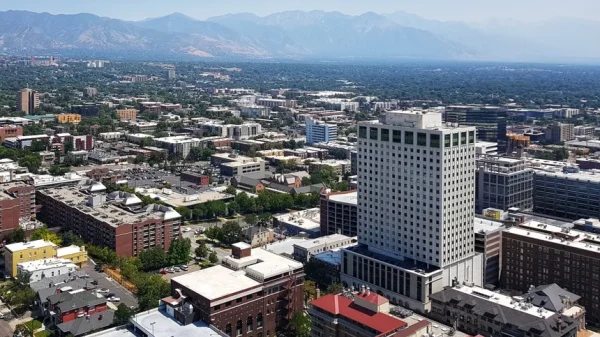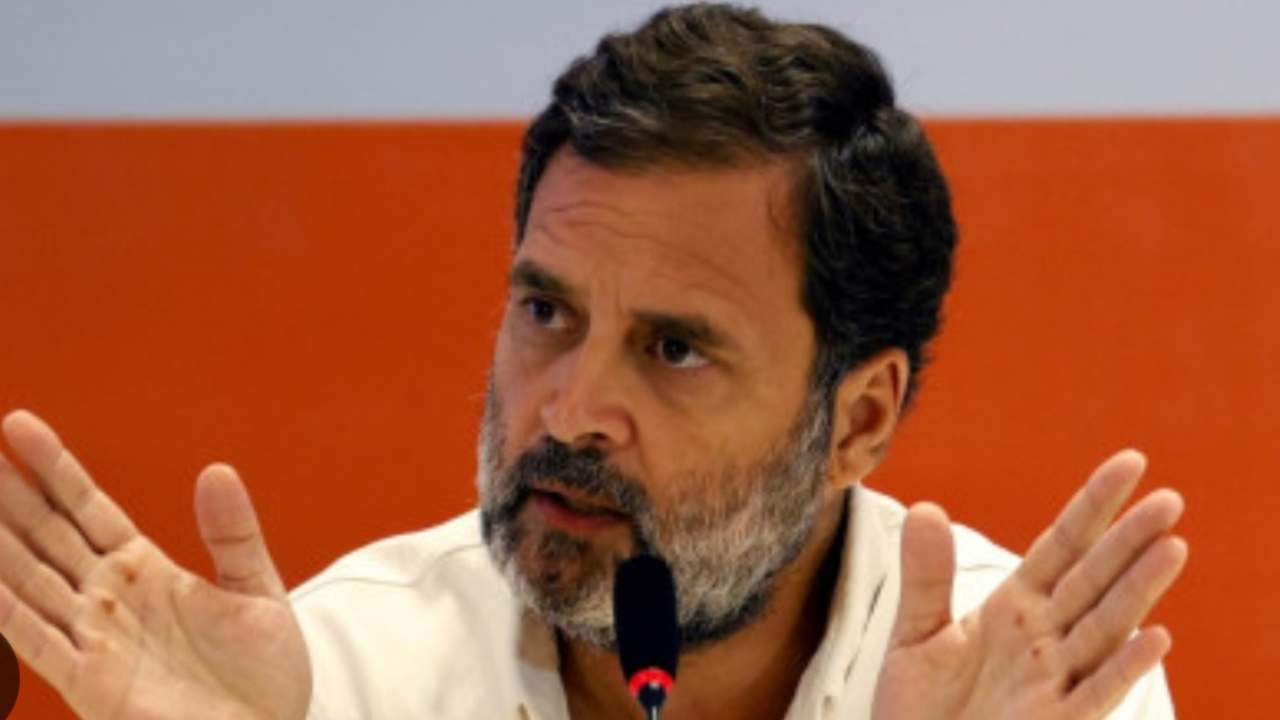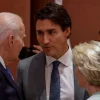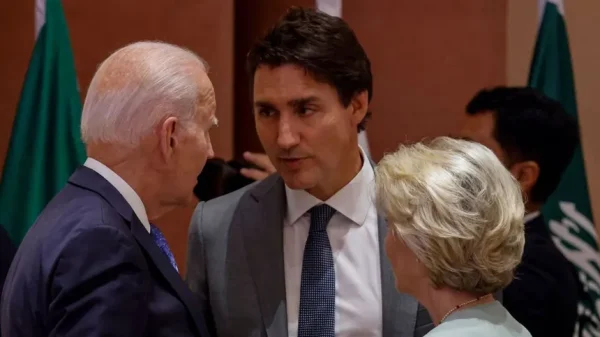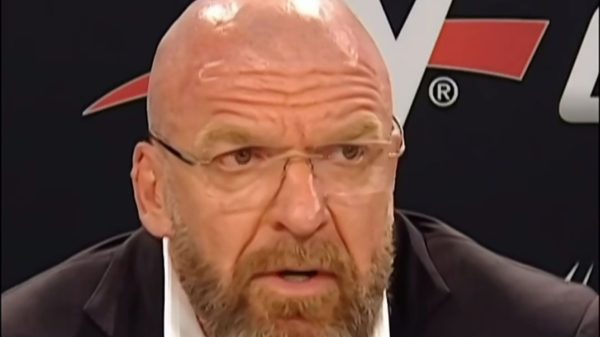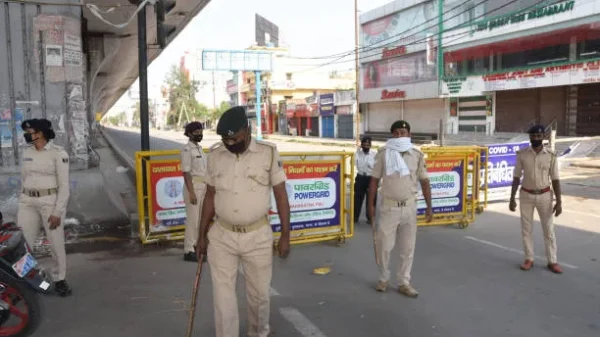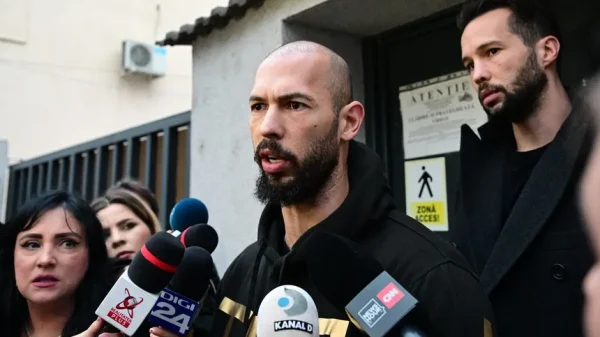Rahul Gandhi’s speech in the parliament did face controversy, with certain parts being redacted due to accusations against Prime Minister Narendra Modi and his party. This action was taken as it violated the rules of the legislature regarding permissible speech content.
The speaker of the lower house’s decision came swiftly after Rahul Gandhi’s inaugural speech as the opposition leader in parliament.
The speech, broadcast live by TV channels, included criticisms of Prime Minister Modi and his Bharatiya Janata Party (BJP), particularly focusing on their alleged connections to religious intolerance and violence.
These contentious sections were subsequently removed due to their violation of legislative speech rules.
Following Rahul Gandhi’s speech, references he made linking industrialists Gautam Adani and Mukesh Ambani to Prime Minister Modi and his government were reportedly removed by Speaker Om Birla, according to parliament records.
Federal ministers Ashwini Vaishnaw and Kiren Rijiju subsequently met with Birla to highlight what they termed as “inaccuracies” in Gandhi’s speech. They were assured that their concerns would be looked into.
Under Indian parliamentary rules, the speaker has the authority to expunge or redact words used by lawmakers in the chambers if they are deemed defamatory, indecent, unparliamentary, or undignified.
Once these words are expunged, they are removed from the official records of parliament and cannot be reported by the media. This mechanism ensures that parliamentary discourse adheres to decorum and respects the rules governing speech within the legislative body.
Responding to the speaker’s decision, Gandhi said “truth cannot be expunged”.
He wrote to Birla requesting the redacted remarks be restored, saying they were not violations and conveyed the “ground reality” and “factual position”.
“Taking off from records my considered remarks goes against the very tenets of parliamentary democracy,” he said.
Rahul Gandhi, part of a dynasty that has produced three Indian prime ministers, holds the distinction of being the first leader of the opposition in the lower house in a decade.
His elevation comes at a time when no opposition party was able to secure enough seats in the last two terms to claim this position.
During the April to June general election, Gandhi led an alliance of around two dozen opposition parties.
This coalition prevented Prime Minister Modi from securing an outright majority, compelling him to form a coalition government for the first time in order to secure a rare third consecutive term as prime minister.

